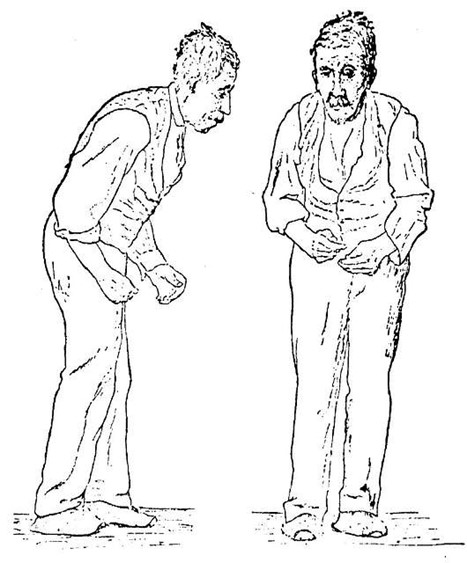Combatting STIs: The Impact of Post-Coital Antibiotics on Syphilis and Chlamydia Rates
In the ever-evolving landscape of public health, breakthroughs in disease prevention and treatment are always welcome news. Recently, a remarkable study has shed light on a potential game-changer in the fight against sexually transmitted infections (STIs), particularly syphilis and chlamydia. The study suggests that a simple intervention—taking an antibiotic after sex—could significantly reduce the incidence of these infections. Let’s delve into the details of this groundbreaking research and its implications for public health.
The Study:
Published in a leading medical journal, the study involved a large-scale randomized controlled trial conducted over several years. Researchers recruited participants from diverse demographics and geographical locations, ensuring a representative sample. The participants were sexually active individuals at risk of acquiring:
- syphilis
- chlamydia
The intervention was straightforward: after engaging in sexual activity, participants were instructed to take a single dose of a specific antibiotic. The choice of antibiotic and dosage was based on previous research indicating its efficacy against these infections and its safety profile.
Results:
The results of the study were nothing short of remarkable. Compared to the control group, which did not receive the antibiotic after sex, the intervention group exhibited a significantly lower incidence of syphilis and chlamydia.
Notably, the reduction in cases was observed across all demographic groups and geographical regions included in the study. This suggests that the intervention could have widespread applicability and effectiveness in diverse populations.
Implications for Public Health:
The implications of this study for public health are profound. Syphilis and chlamydia are among the most common STIs globally, with serious health consequences if left untreated. The traditional approach to preventing these infections has focused on strategies such as:
- condom use
- regular testing
- treatment of infected individuals
However, these strategies have not been entirely successful in curbing the spread of syphilis and chlamydia, particularly in high-risk populations. The emergence of antibiotic resistance further complicates treatment efforts.
The introduction of a post-coital antibiotic regimen represents a promising new tool in the arsenal against STIs. Unlike condoms, which rely on consistent and correct use, this intervention does not require pre-planning or negotiation between partners. It provides a simple, discreet, and highly effective means of reducing the risk of infection.
Furthermore, the widespread adoption of this intervention could have significant economic benefits by reducing the burden on healthcare systems associated with the treatment of STIs and their complications.
Challenges and Considerations:
While the findings of this study are undoubtedly exciting, they also raise important questions and considerations. For example, there may be concerns about the development of antibiotic resistance with widespread use of post-coital antibiotics. Additionally, issues such as:
- accessibility,
- affordability
- acceptability
of this intervention in different populations need to be carefully examined.
Moreover, further research is needed to confirm the long-term effectiveness and safety of post-coital antibiotics, as well as their potential impact on other aspects of sexual and reproductive health.
See the full scientific article from The New York Times.
By offering a practical and effective means of preventing these infections, this intervention has the potential to save lives, reduce suffering, and alleviate the burden on healthcare systems. However, it is essential to approach this discovery with caution, considering the potential challenges and unanswered questions. Continued research, monitoring, and evaluation will be critical to fully understand the implications of post-coital antibiotics and ensure their safe and effective implementation.
Enhance your experience to new heights with meticulously selected supplements from the prestigious Asher Longevity Institute. Embrace a holistic approach that ignites your body’s vitality and maximizes your overall well-being.




